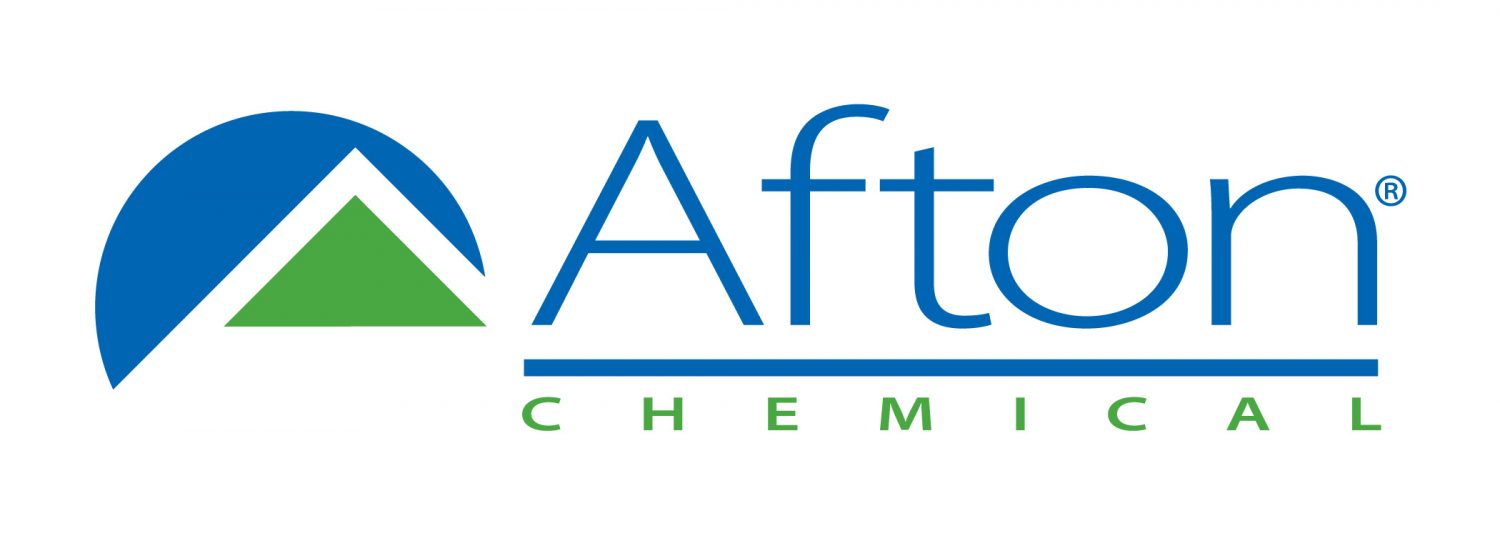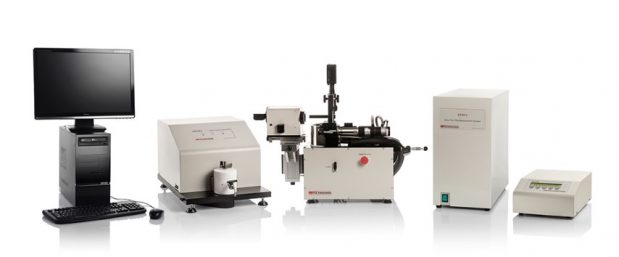60 Seconds in the Spotlight: Mark Devlin, Technical Advisor, Afton Chemicals

Hi Mark, thanks for agreeing to our 60 seconds spotlight interviews, why does Afton Chemical Corporation perform tribology research?
Afton sells additives for fuels and lubricants, and by understanding the tribological properties of our additives, we can efficiently develop new products.
Very interesting, how does tribology research aid the automotive industry?
There are new mechanical technologies that are being introduced to improve fuel efficiency and reduce emissions. This new automotive hardware affects the conditions under which a lubricant operates. However, through tribology research these new technologies do not have to be treated as “black boxes”. As long as we can translate operational conditions to tribological parameters (temperatures, shear rates and pressures), we can apply what we already know to develop fuel and lubricant additives to ensure that new hardware technology works properly.
What areas of research relating to tribology are you looking into at the moment?
Understanding the formation and structures of tribofilms is critical to understanding the molecular basis for wear and friction control. More specifically, as new hardware is introduced new operational conditions exist, so we are most interested in how different operational conditions affect tribofilm formation.
Why do you use PCS Instruments for this research?
In our development work, a balance is needed between understanding the complex effect of operating conditions on tribofilm formation and generating data quickly to evaluate a large number of products. PCS instruments allow us to do this research very efficient.
Currently at Afton, Richmond you have 4 MTM’s, 7 HFRRs, 2 MPRs, an EHD2 and an USV, that’s a lot, how come you have so many?
Over the years, we have correlated the results from PCS instruments to engine and rig test results. Internally we continue to use these correlations while developing new correlations to solve new tribological problems. We need all of these instruments to assist our product development teams while keeping up with the newest issues in the automotive industry.
How do you see the shift towards Hybrid and EV vehicles affecting tribology research?
Anything with moving parts will still need lubricants to prevent wear and control friction. Just focusing on hybrids and EVs neglects the current and future need for lubricants in the industrial sector. For example, an increase in the need for renewable wind energy will need new advanced lubricants.
However, if we do concentrate on Hybrids, they will still have internal combustion engines that will operate under different conditions than we see today. For EVs, the powertrain will obviously be different, but the transfer of the energy to the wheels of a car will still require lubricants that prevent wear and control friction. So, as in the past basic tribological principles and ways to study them will continue to exist, but the conditions under which lubricants will operate will change.

